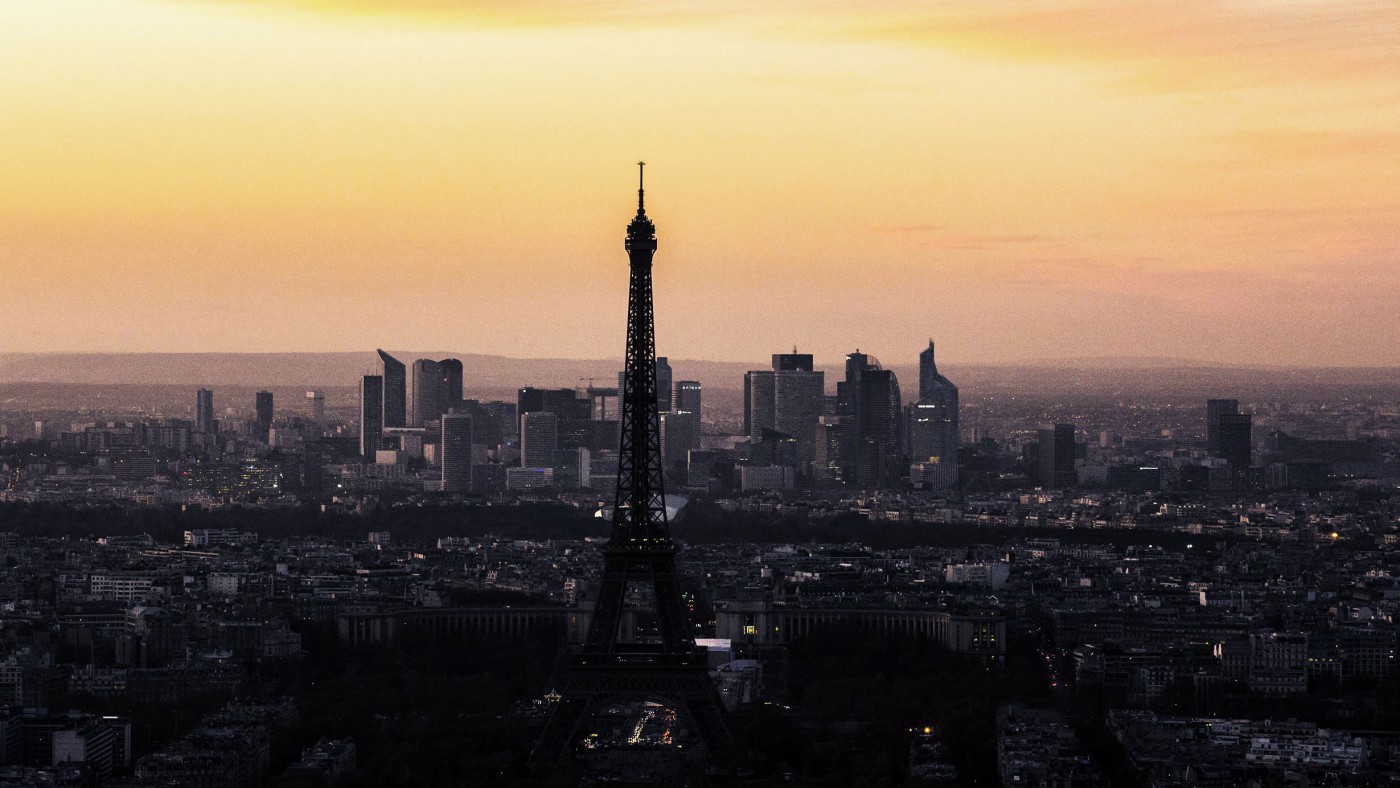It is too easy, though far from glib, to say that my beloved Paris is in shock. But while getting on with business, La Ville Lumière is definitely subdued. The likelihood, as with veterans of war when they return home, is that the city will take some time to fully internalise the reality of its situation.
On Saturday morning, it seemed as if fewer bars and cafés than usual were open, though this may have been imagination on my part. In those that were, the giant flatscreen televisions normally reserved for sporting fixtures were tuned to BFM, the 24-hour news channel. Customers and bar staff still smiled and joked across the counter, but this was perhaps a case of guillotine humour.
Encouragingly, there were still croissants to be had, which given that they had to be prepared in the early hours of the morning, when the horror of the night’s events still hung in the chill November air, speaks volumes for Parisian values.
It was reported that there were queues at the bloodbanks, which surprised no one, and close to the Bataclan concert hall, just beyond the Police – Hors limite lines marking the worst crime scene in French history since World War II, groups of bystanders stood quietly, saying little, simply staring, as if trying to take in the enormity of the loss of life.
This vigil, repeated at each of the other murder sites, was not a People’s Princess moment. There were no teddy bears. This was real.The emotions not only ran deep but are likely to endure for years to come.
Cities are organic. Great cities breathe and feel their wounds long after they have healed. In Montmartre where I am currently based, it is said that there is still a memory of the Commune of 1871 at the bloody end of which as many as 20,000 insurgents were blown apart by cannon fire.
The view is sometimes expressed, with more than a little condescension,that Paris is the greatest city of the nineteenth century, struggling to hold on to its relevance in the twenty-first. I don’t believe this. It remains a vibrant place, the beating heart of France. Though seemingly preserved in Haussmannian sepia, it has a transport infrastructure second to none and a tradition of cafés, bars and bistrots that, in spite of all the frustrations experienced by proprietors and employees alike, keep almost every street a hive of activity late into the night. Paris works. It is a heart that pumps life into the body of France. And, dear God, it has a beauty that still takes the breath away.
But if Paris is the nineteenth metropolis par excellence, can I say that New York, where I lived for 14 years until finally moving to France this summer, is the pre-eminent city of the twentieth century, frenetically seeking to keep pace with a host of global upstarts? The Big Apple is losing its lustre. The crunch is no longer there. It looks old and faded. London, by contrast, could yet be the surprise number one city of the twenty-first century, overcrowded, noisy and ill-divided, but bursting with new life. What presently unites these three great rivals is that each has been subject to large-scale terrorist attacks and each lives in fear of something even worse just around the corner.
How can a city survive in lockdown? What does lockdown even mean? How can Paris maintain itself as the most visited city in the world if it is fated to become periodically a terrorist playground? We may be about to find out, but my own view is that it will find a way round its current difficulties and win new admirers impressed by the strength of its resilience in the face of adversity.
Those who doubt the Paris factor might pause to consider the little-appreciated fact that France, for all its failings, remains the sixth-largest economy in the world, with more large corporations than the UK and a level of productivity that is on a par with Germany and only slightly behind the U.S. For every year so far of the present century, French workers have been, on average, 20 per cent more productive than their British counterparts, and the gap in output is increasing year-on-year. Indeed, if it wasn’t for the country’s many other self-inflicted wounds, France would be racing ahead of its competitors.
It is a truth to bear in mind the next time George Osborne trumpets the British economic miracle. Paris is every bit as indominatable as London, as bloody-minded as New York and likely to be around for another thousand years, long after the casual cruelty of Isil is buried and forgotten.


